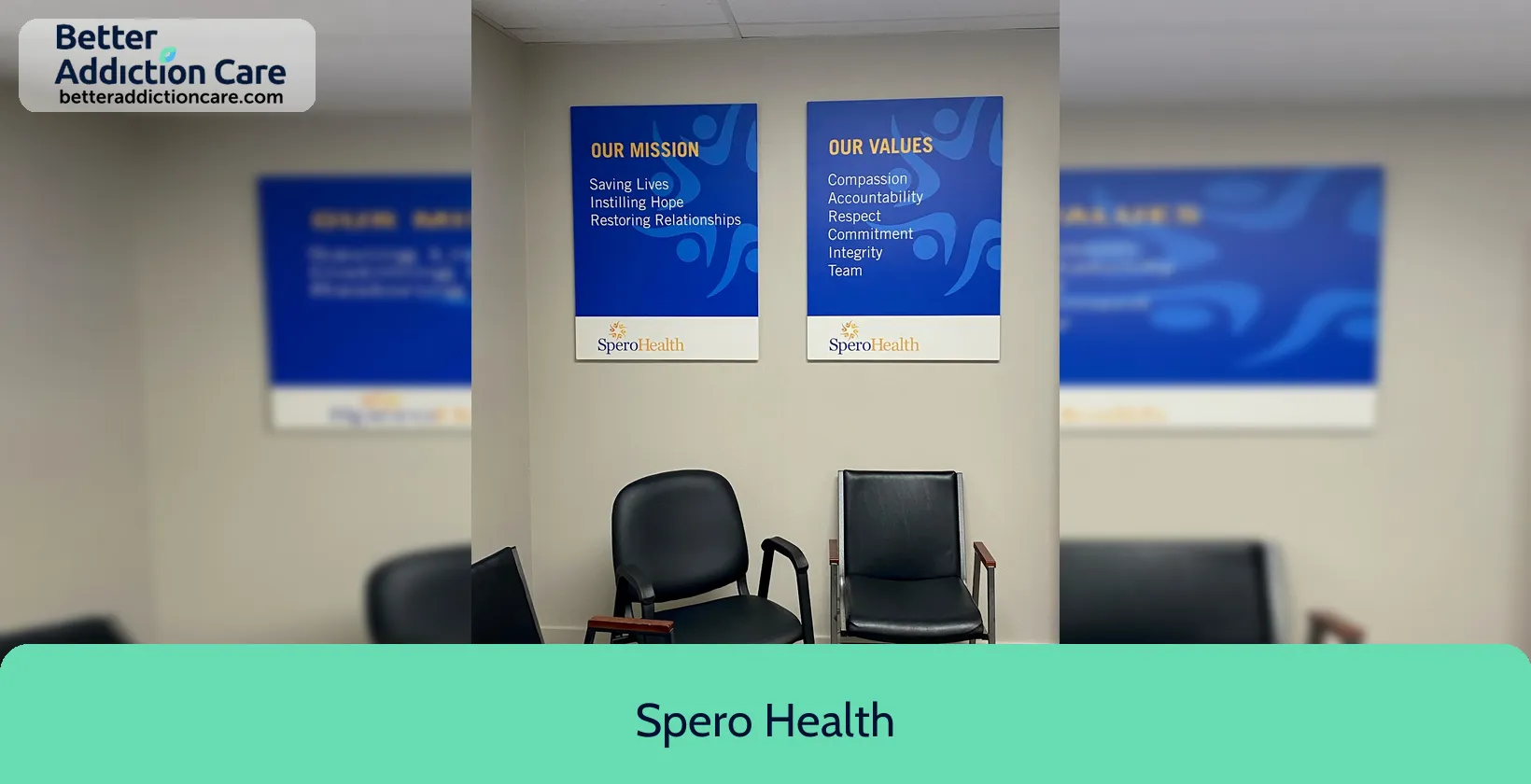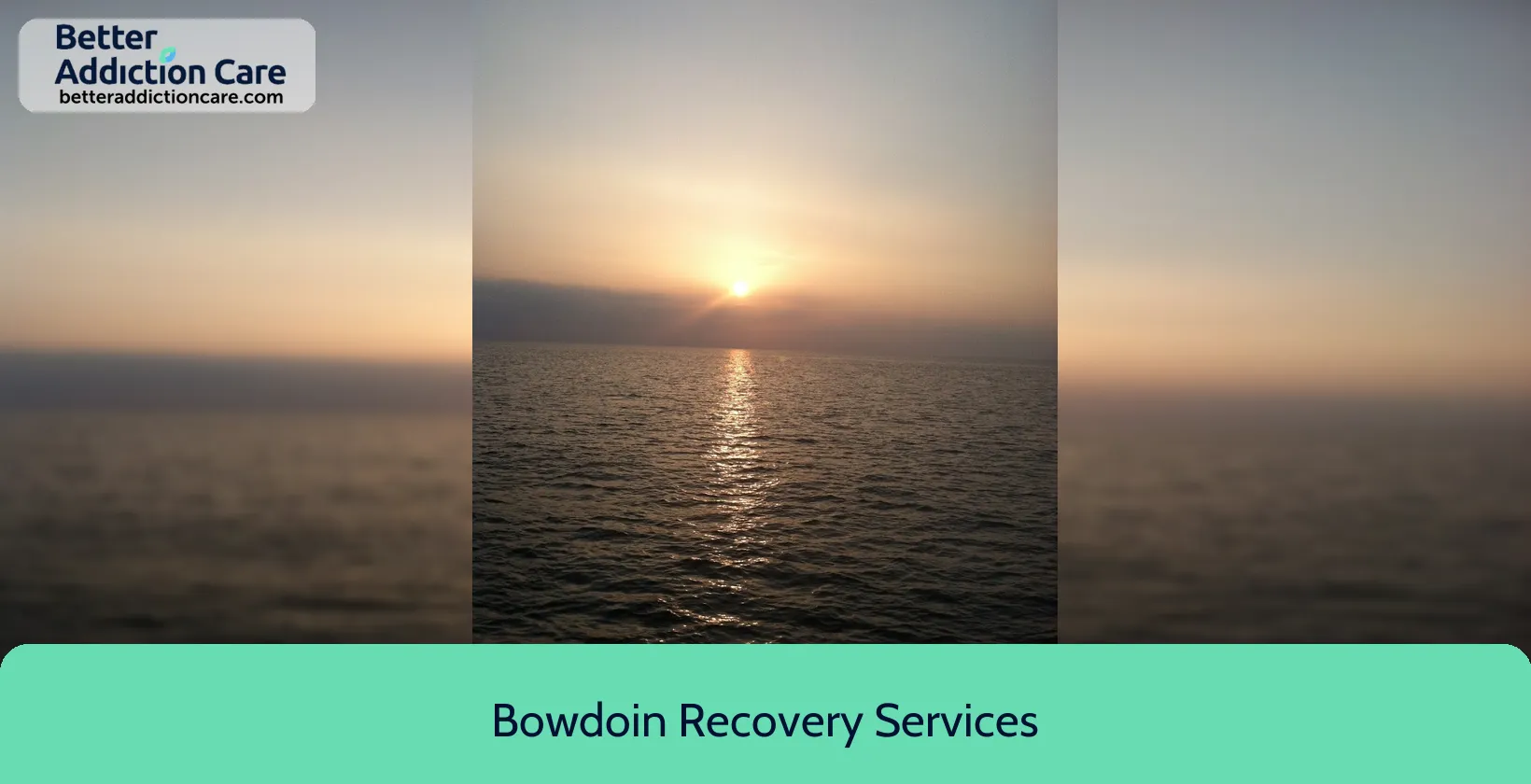Overview
Bowdoin Recovery Services is a substance abuse treatment center for people seeking treatment near Rutherford County. As part of their treatment modalities for recovery, Bowdoin Recovery Services provides cognitive behavioral therapy, telemedicine/telehealth therapy, and substance use disorder counseling during treatment. Bowdoin Recovery Services is located in Smyrna, Tennessee, accepting cash or self-payment for treatment.
Bowdoin Recovery Services at a Glance
Payment Options
- Cash or self-payment
- Medicaid
- State-financed health insurance plan other than Medicaid
- Private health insurance
- Federal, or any government funding for substance use treatment programs
Assessments
- Screening for tobacco use
- Comprehensive mental health assessment
- Comprehensive substance use assessment
- Interim services for clients
- Outreach to persons in the community
Age Groups
- Children/adolescents
- Seniors
Ancillary Services
- Case management service
- Suicide prevention services
- Specially designed program for DUI/DWI clients
- Domestic violence services, including family or partner
- Early intervention for HIV
Highlights About Bowdoin Recovery Services
6.92/10
With an overall rating of 6.92/10, this facility has following balanced range of services. Alcohol Rehabilitation: 8.00/10, Drug Rehab and Detox: 6.00/10, Insurance and Payments: 6.00/10, Treatment Options: 7.70/10.-
Alcohol Rehabilitation 8.00
-
Treatment Options 7.70
-
Drug Rehab and Detox 6.00
-
Insurance and Payments 6.00
Accreditations
State mental health department:
State mental health department accreditation refers to the process of evaluating and certifying the quality and standards of a state's mental health department, ensuring that it provides high-quality services and meets specific criteria for mental health care. The accreditation process is performed by a third-party organization and helps to improve the overall care and treatment of individuals with mental health conditions.
Treatment At Bowdoin Recovery Services
Treatment Conditions
- Alcoholism
- Mental health treatment
- Substance use treatment
- Co-occurring Disorders
Care Levels
- Outpatient
- Intensive outpatient treatment
- Regular outpatient treatment
- Aftercare
Treatment Modalities
- Cognitive behavioral therapy
- Telemedicine/telehealth therapy
- Substance use disorder counseling
- Trauma-related counseling
- Group counseling
Ancillary Services
Additional Services
- Pharmacotherapies administered during treatment
- Mentoring/peer support
- Breathalyzer or blood alcohol testing
Special Programs
- Clients with co-occurring mental and substance use disorders
- Clients who have experienced trauma
- Clients with co-occurring pain and substance use disorders
Get Help Now
Common Questions About Bowdoin Recovery Services
Contact Information
Other Facilities in Smyrna

7.17

7.42
DISCLAIMER: The facility name, logo and brand are the property and registered trademarks of Spero Health, and are being used for identification and informational purposes only. Use of these names, logos and brands shall not imply endorsement. BetterAddictionCare.com is not affiliated with or sponsored by Spero Health.

